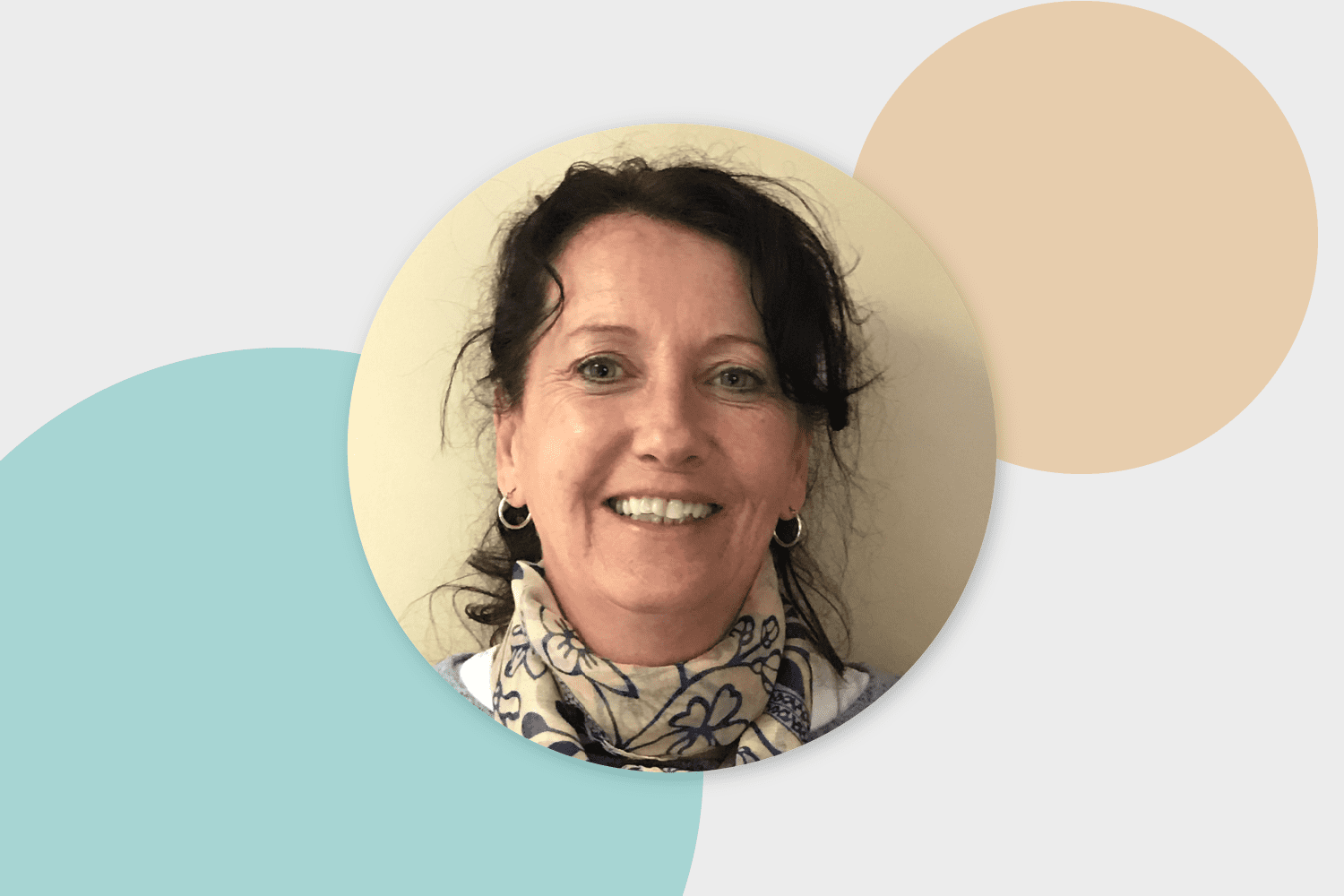Eleanor Smith is a family support worker in Alberta, where her job is to work with parents dealing with child services.
Given the stress and emotional pain involved, she focuses on building strong relationships with families and giving them the tools to overcome their challenges. One parent she remembers was a young mother who had a physically and emotionally abusive past. The mother had turned to drinking to cope with her pain. Children’s Services (CS) stated that her child needed to be removed from her care until she dealt with her addiction and past trauma. A referral was sent to WJS to work with the mother, to help support her as she began her journey of sobriety. The mother was determined, and Eleanor began working with her to develop a treatment plan, attend a treatment facility, connect her with long-term support in the community, and access mental health services.
“I explained to her that even though I report back to Children’s Services, I’m on your side supporting you, to help you get rid of all the worries they have at this time,” says Eleanor.
She did not talk to the mother about her addiction at first, because she wanted to create space for trust to develop between them. For many of their visits, Eleanor focused on being there to really listen and support the mother to make small decisions for herself.
The mother revealed she had been in a car crash that had left her with brain trauma and required her to relearn how to walk. As a result, Eleanor connected her to a brain injury worker that could help her to learn and communicate more effectively, while also dealing with some of her past trauma. Building on this space of safety, Eleanor started to set goals with her.
Their biggest goal was to keep the mother’s child in her life. They talked through how they were going to achieve that with CS. This meant confronting the addiction part and getting support through counselling. Eleanor assured the mother that confidentiality would be maintained, something the mom had not understood before. “I think just the education part in helping her understand the supports around her was important,” says Eleanor. “A big part of my job is helping them see that CS wants them to succeed.”
Eleanor focused on giving her suggestions for further resources she could choose from, like meeting with a group of other moms to relate to and learn from their parenting experiences.
“I just kept her involved in different things in the community and praising her for every little step of success that she took, and then eventually our relationship just got really really tight,” Eleanor says.
By putting the mother at the center, her self worth grew as well as her ability to keep her son in her life. She got into a treatment plan, created a safety and support network, and worked to maintain sobriety. When CS told her they were closing her file, the mother cried because she was going to miss everyone that worked with her to keep her son. Eleanor’s relationship focused approach created a space of trust and safety, where the mother was then able to recognize her own strengths and resilience. By focusing on the mom connecting with more resources, it allowed her to expand on her networks of resources that she could access after her file closed. “It’s a tremendous success,” Eleanor says. “A big thing for her was helping her understand that she had a voice and that she could stand up for herself.”
